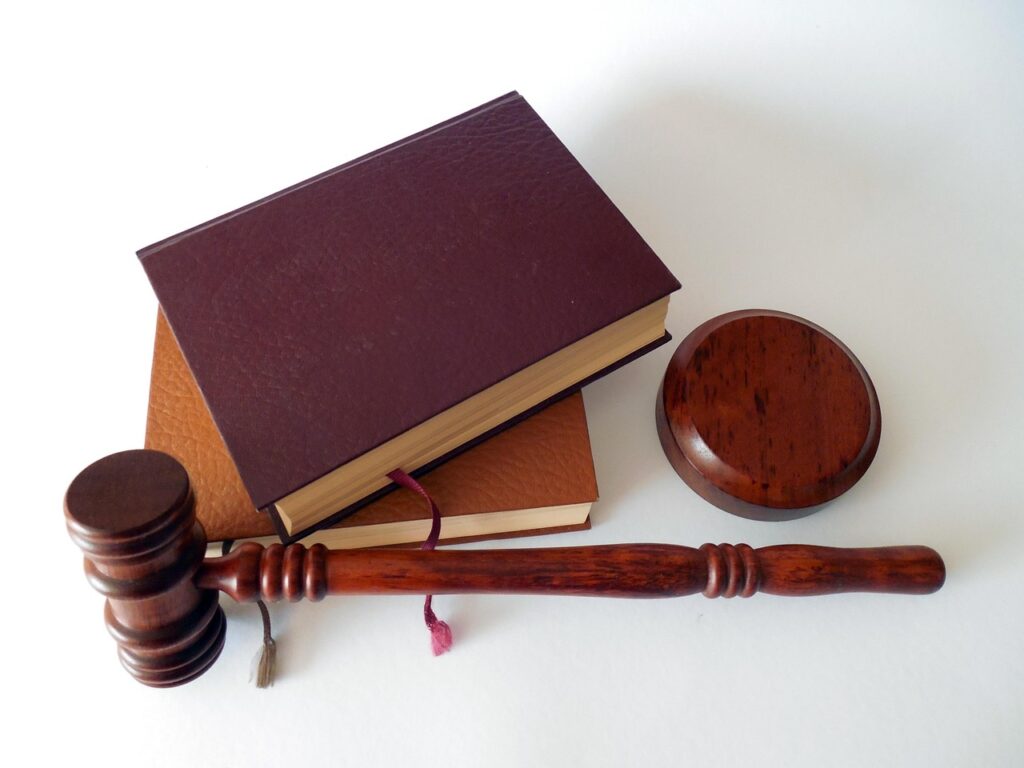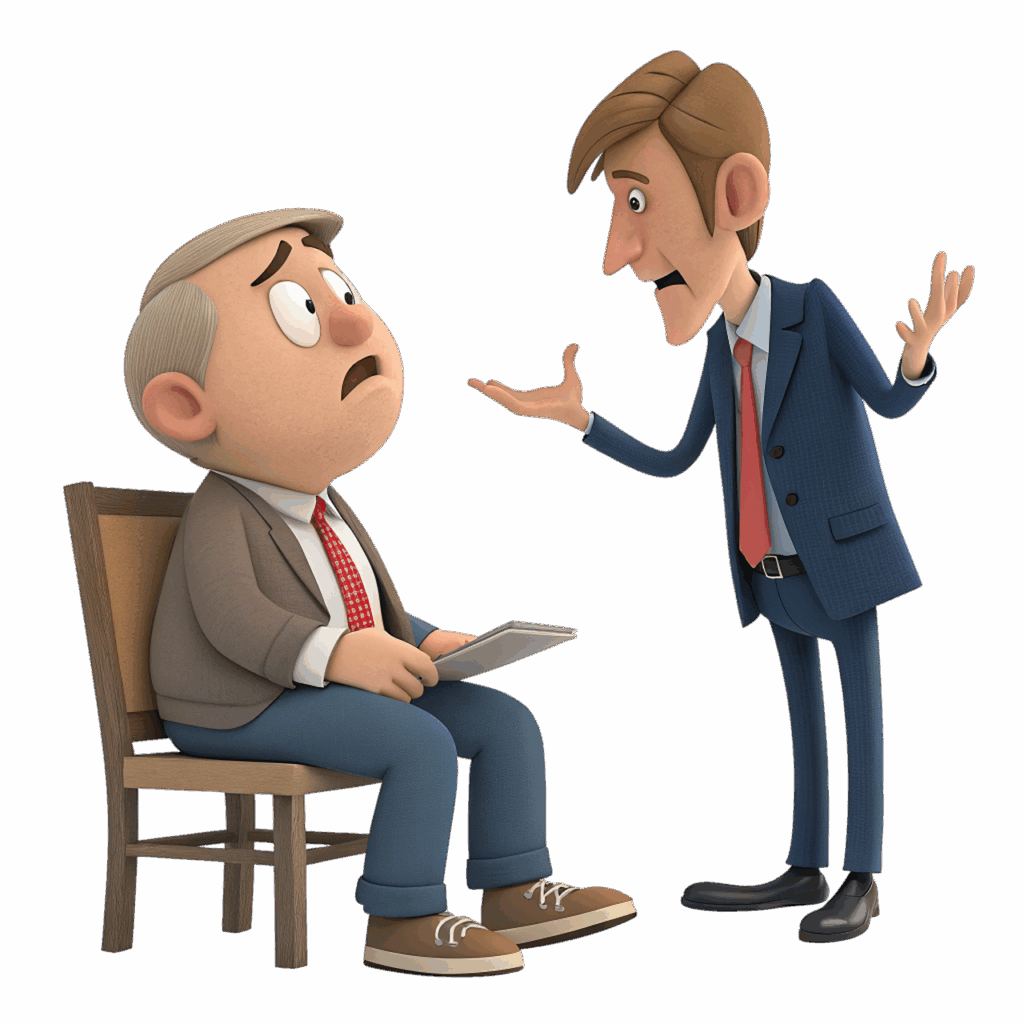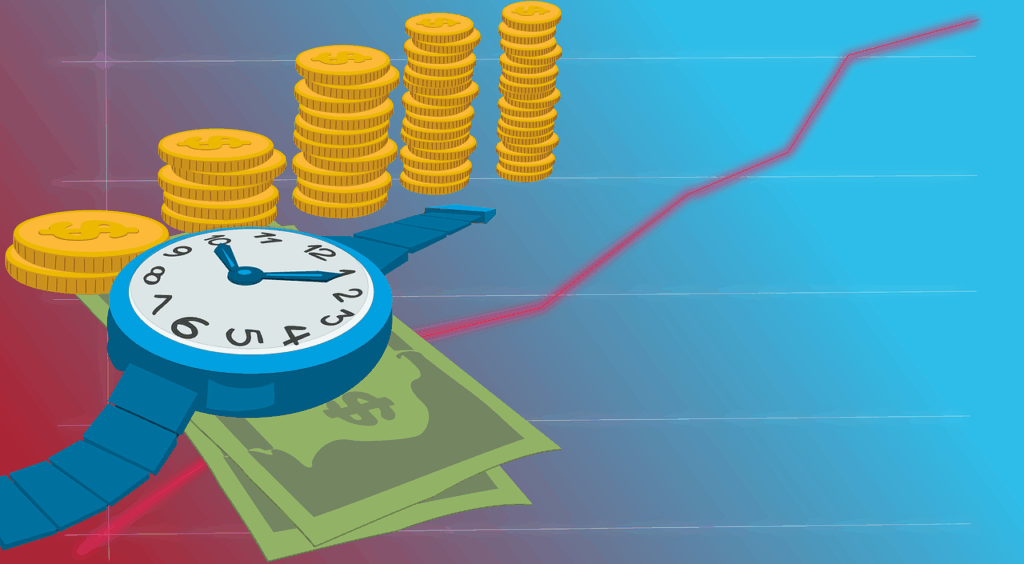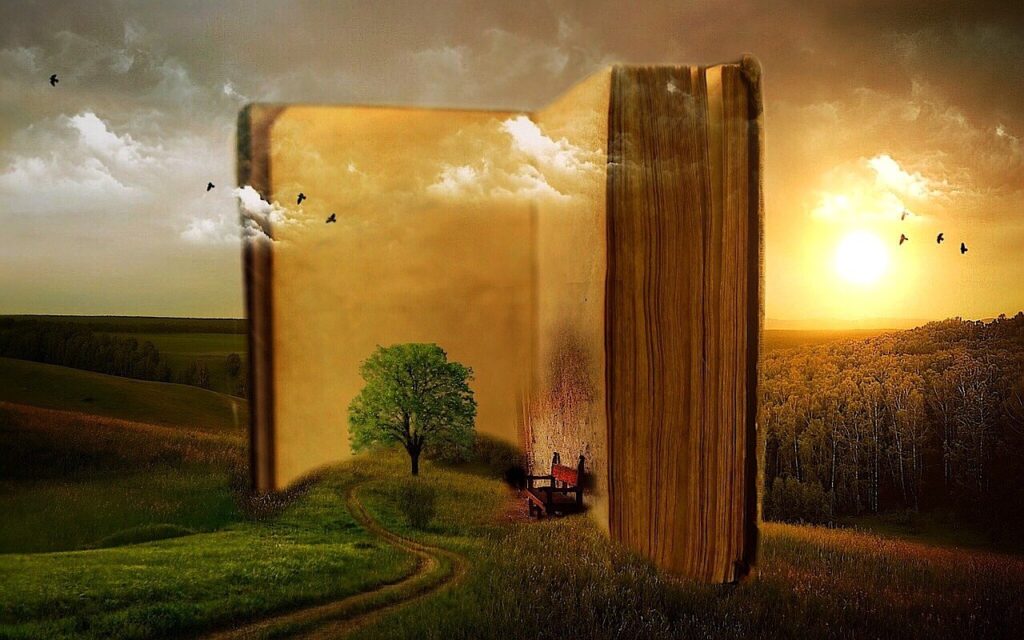
The world of late-night television, once a cozy haven of gentle humor, has transformed into an unexpected battleground for free speech. For decades, America’s nightly comedians held a largely unchallenged position, delivering apolitical punchlines or occasionally sharp, accepted political jabs. Those days, it seems, are decisively over.
In an unprecedented turn, late-night comedy now sits at the epicenter of a national debate, facing intense political pressure and corporate maneuvering. The recent suspension and reinstatement of ABC’s Jimmy Kimmel is not just a passing headline; it’s a stark illustration of how fragile broadcast protections have become and a sobering bellwether for free expression in America.
As we peel back the layers of this fascinating saga, we’ll uncover the intricate web of events, powerful players, and historical currents. From a controversial monologue to presidential threats and the complex economics of modern media, join us as we delve into the surprising facts and hidden pressures shaping the future of comedy and speech on our airwaves.
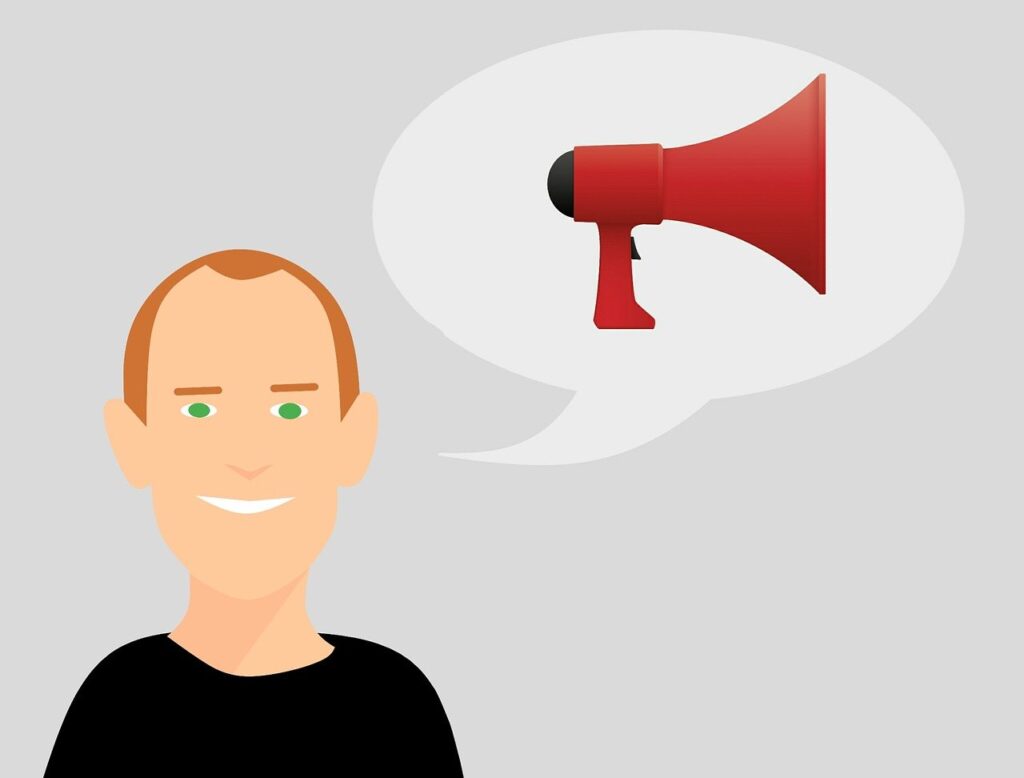
1. **The Spark That Ignited the Firestorm: Kimmel’s Remarks on Charlie Kirk’s Killing**
The whirlwind began on September 15, when Jimmy Kimmel addressed the tragic killing of conservative activist Charlie Kirk. Kirk, a prominent right-wing figure, was fatally shot five days prior, on September 10, while speaking at Utah Valley University. This national moment was fraught with political tension.
During his opening monologue, Kimmel made comments that triggered significant backlash among Trump allies. He remarked that Trump supporters were trying to portray Kirk’s accused killer, Tyler Robinson, “as anything other than one of them,” suggesting an attempt to “score political points” by politicizing the tragedy. This statement struck a nerve.
Kimmel later clarified his intent on his return to air: it was “never my intention to make light of the murder of a young man. I don’t think there’s anything funny about it.” He emphasized, “Nor was it my intention to blame any specific group for the actions of what was obviously a deeply disturbed individual — that was really the opposite of the point I was trying to make.”
The initial perception of his remarks set off a chain of events, highlighting the highly charged environment surrounding political commentary, especially when intersecting with tragedy and partisan divides.
Read more about: Jimmy Kimmel’s Resilient Return: Navigating Suspension, Political Pressure, and the Enduring Fight for Free Speech in Hollywood
2. **Brendan Carr’s Stark Warning: “We Can Do This the Easy Way or the Hard Way”**
The backlash against Jimmy Kimmel’s comments quickly involved a powerful federal regulator: the Federal Communications Commission (FCC). FCC Chairman Brendan Carr, appointed by President Donald Trump, became a vocal critic, escalating the situation dramatically with a direct threat against ABC.
Carr appeared on a podcast and issued a severe warning: unless ABC “took action” regarding Kimmel’s remarks, it could face a federal investigation for “news distortion.” Carr went further, delivering a stark ultimatum: “We can do this the easy way or the hard way.” He subsequently described Kimmel’s comments as “some of the sickest conduct possible.”
This FCC intervention was notably unusual, representing a significant departure from the commission’s historical role. Traditionally, the FCC reserved moderation of broadcast TV for regulating lewd or profane content. Cracking down on speech based on political inferences, rather than clear obscenity violations, was described as “certainly unprecedented.”
The chairman’s explicit threat, linking a comedian’s political jokes to potential federal investigations, sent shockwaves through the media industry. It signaled a new, aggressive front in the battle over broadcast content.
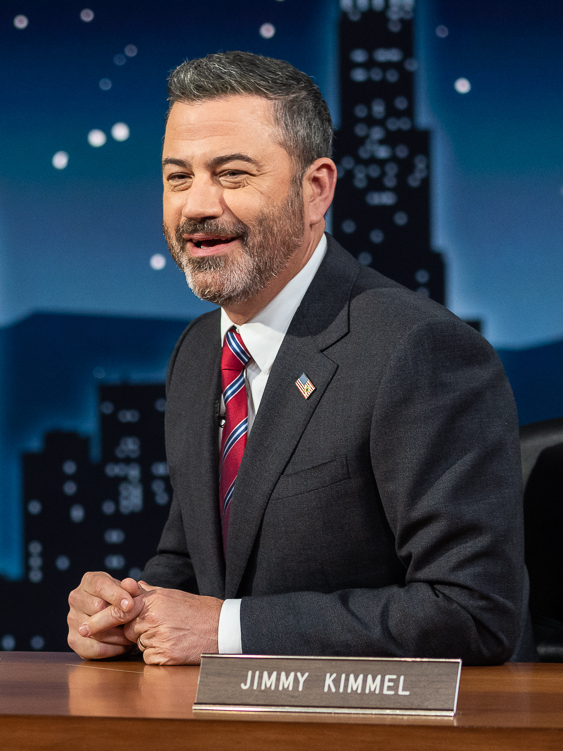
3. **Affiliate Stations Draw a Line: Blackouts Loom for Jimmy Kimmel Live!**
As if the direct FCC threat wasn’t enough, pressure on ABC intensified from its network of affiliate stations. These local broadcasters, vital for distributing “Jimmy Kimmel Live!” across the country, quickly signaled discontent and willingness to take drastic action.
Two of the largest groups of ABC affiliate stations—Nexstar Media Group and Sinclair Broadcast Group—announced they would stop airing “Jimmy Kimmel Live!” This was a significant blow, meaning the show would be blacked out across large portions of the country, severely impacting its reach and advertising revenue.
The affiliates’ motivation was multifaceted. Nexstar, for instance, was reportedly seeking regulatory approval from the Trump administration for a substantial merger, aiming to buy broadcaster TEGNA for an estimated $6.2 billion. This mirrored CBS’s Paramount, which also faced regulatory processes during Colbert’s cancellation. Such dealings make large media conglomerates highly sensitive to political displeasure.
Consequently, the threat of affiliate blackouts served as a powerful lever, putting Disney and ABC in an unenviable position. Facing the combined force of an FCC chairman’s explicit warnings and concrete commercial repercussions, the network navigated a complex landscape.

4. **A Network’s Retreat and Reversal: Disney’s Dilemma Over Kimmel**
Caught between FCC threats and impending blackouts, Disney and ABC made a dramatic decision. On September 17, the network suspended production of “Jimmy Kimmel Live!”, pulling it off the air indefinitely. This was an unprecedented, shocking development in late-night television.
The network later explained its rationale on September 22: “Last Wednesday, we made the decision to suspend production on the show to avoid further inflaming a tense situation at an emotional moment for our country.” Disney acknowledged some comments were “ill-timed and thus insensitive,” clarifying the decision was for de-escalation, not permanent silencing.
However, pulling the show sparked immediate, widespread backlash. Fans, free speech advocates, and numerous celebrities condemned the move, accusing Disney of caving to political pressure. CNN’s Brian Stelter remarked that America becomes a “less free place” when late-night hosts cannot express views. The outcry was so swift and intense that, just five days later, ABC reversed its decision.
Kimmel returned to air on September 23, a testament to public and industry response. Yet, the episode left the network awkward, with Nexstar and Sinclair still refusing to broadcast the show.

5. **Kimmel’s Poignant Return: Apology, Clarification, and a Fiery Defense of the Free Press**
When Jimmy Kimmel returned to his late-night slot on September 23, the atmosphere was charged. Fighting emotion, he addressed the controversy that led to his suspension. His monologue balanced remorse, clarification, and a passionate defense of American liberties.
Kimmel expressed deep regret for how his initial comments were perceived. “It was never my intention to make light of the murder of a young man. I don’t think there’s anything funny about it,” he told his audience, clarifying his criticism of political exploitation from disrespect for the tragedy. He added, “Nor was it my intention to blame any specific group for the actions of what was obviously a deeply disturbed individual — that was really the opposite of the point I was trying to make.”
Beyond specifics, Kimmel spoke movingly about Erika Kirk, Charlie Kirk’s widow. He praised her for publicly expressing forgiveness toward her husband’s alleged killer, calling her reaction “remarkable in its grace and compassion” and stating he was “deeply” moved.
Most significantly, Kimmel used his platform to pivot to a broader critique of Trump’s approach to media, arguing the US president’s actions extended beyond comedians. “He’s suing them, he’s bullying them,” Kimmel said of Trump’s treatment of the press, underscoring the vital role of a free press. He passionately asserted, “I know that’s not as interesting as muzzling a comedian, but it’s so important to have a free press, and it is nuts we’re not paying more attention to it.”
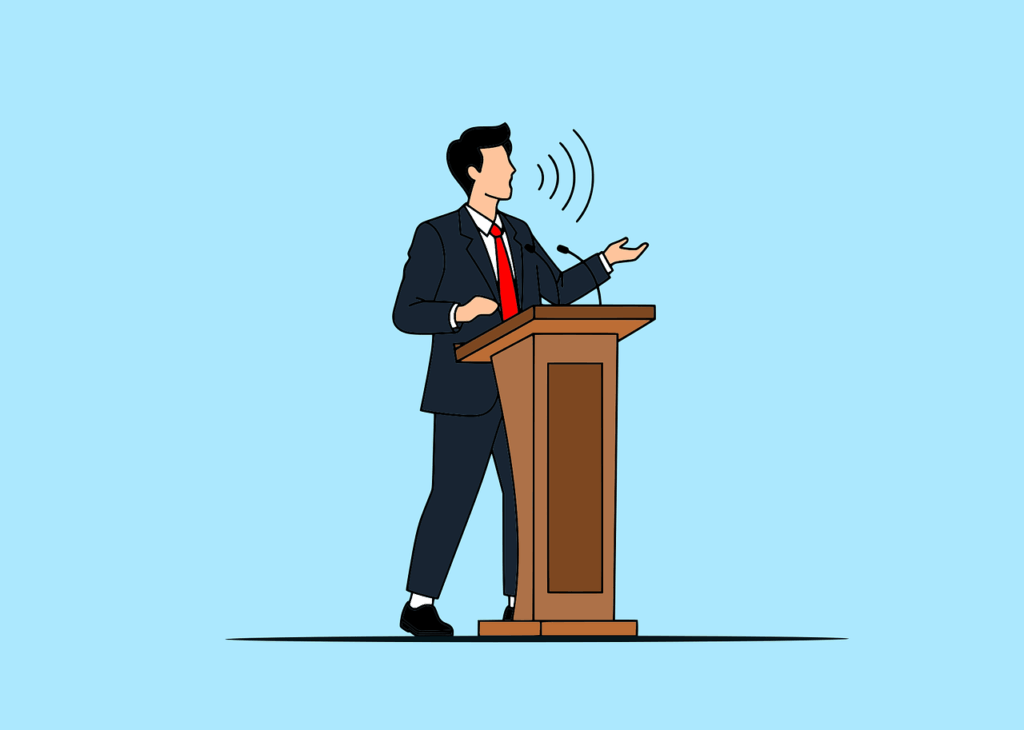
6. **The President’s Fury Unleashed: Trump’s Unyielding Attack on Kimmel and ABC**
Even after Kimmel’s reinstatement, the controversy persisted, fueled by Donald Trump’s relentless criticism. The former president, who had long chafed at late-night hosts’ jokes, saw the situation as a personal battle and continued to denounce ABC’s decision, often framing it around what he mistakenly believed was the permanent cancellation of Kimmel’s show.
Hours before Kimmel’s return, Trump posted on Truth Social: “I can’t believe ABC Fake News gave Jimmy Kimmel his job back. The White House was told by ABC that his Show was cancelled! Something happened between then and now because his audience is GONE, and his ‘talent’ was never there.” This revealed a belief that his administration successfully pressured ABC, and his disappointment at the reversal was palpable.
Trump accused ABC of political bias, insinuating that keeping Kimmel on air could constitute an illegal campaign contribution to Democrats. “Why would they want someone back who does so poorly, who’s not funny, and who puts the Network in jeopardy by playing 99% positive Democrat GARBAGE. He is yet another arm of the DNC and, to the best of my knowledge, that would be a major Illegal Campaign Contribution. I think we’re going to test ABC out on this,” he wrote. This highlighted his tendency to weaponize regulatory threats and legal actions.
He even alluded to a previous legal dispute with ABC, claiming Disney paid him $16 million to settle a defamation lawsuit. “Last time I went after them, they gave me $16 Million Dollars,” Trump wrote, adding, “This one sounds even more lucrative. A true bunch of losers! Let Jimmy Kimmel rot in his bad Ratings.” This public boasting and thinly veiled threat of further legal action showcased a direct, sustained effort by a political leader to influence broadcast content.
7. **Beyond Kimmel: Trump’s Wide-Ranging Legal Offensive Against the Press**
The Kimmel suspension is merely one skirmish in a larger conflict between Donald Trump and major U.S. media organizations. Since returning to the presidency in January, Trump has systematically targeted broadcasters and publications he perceives as hostile, often employing legal mechanisms to challenge content. This pattern provides crucial context for ABC’s intense pressure.
Consider these instances: In February 2025, Trump removed the Associated Press (AP) from the White House press pool after AP refused his directive to rename the Gulf of Mexico the “Gulf of America.” A district court sided with AP on First Amendment grounds, but an appeals court later put the ruling on hold. This showed an attempt to control access and narrative.
In May 2025, Trump signed an executive order halting federal funding for NPR and PBS, accusing them of biased reporting. Congress later approved eliminating $1.1 billion in public broadcasting funding, demonstrating a governmental effort to financially squeeze unfavorable media.
Legal challenges extended to commercial broadcasters. In July 2025, Paramount Global paid Trump $16 million to settle a lawsuit related to a “60 Minutes” interview. Weeks later, Trump launched a $10 billion lawsuit against The Wall Street Journal and Rupert Murdoch. That same day, CBS announced “The Late Show with Stephen Colbert” would cancel in May 2026, citing finances, though Colbert called it “a big fat bribe” to Trump.
Finally, in September 2025, a federal judge dismissed Trump’s $15 billion defamation lawsuit against The New York Times, calling the complaint overly long. Trump could file an amended complaint. This relentless series of actions paints a clear picture: the Kimmel controversy is a piece of a comprehensive strategy by the Trump administration to exert influence over the media landscape, challenging the foundations of a free press.
8. **Comedy as a Bellwether: Historical Precedents of Free Speech Battles**
The immediate uproar over Jimmy Kimmel’s monologue wasn’t an isolated incident; comedy has long served as a potent battleground for free speech. Jon Stewart, a late-night titan, famously declared, “Comedy doesn’t change the world, but it’s a bellwether. We’re the banana peel in the coal mine.” He added that “When a society is under threat, comedians are the ones who get sent away first.” This profound insight underscores the inherent tension between humor and power, a dynamic as old as punch lines themselves and a crucial gauge of a democratic republic’s health.
From Charlie Chaplin’s powerful mockery of Adolf Hitler in “The Great Dictator” to George Carlin’s legendary routines challenging obscenity laws, comedians have consistently tested the limits of permissible speech. Their acts weren’t just for laughs; they were vital expressions of dissent. Even within late-night television, direct political interference has a storied history. More than five decades ago, President Richard Nixon tried to silence “The Dick Cavett Show,” filing FCC complaints, ordering IRS audits, and initiating FBI probes.
Nixon personally called network chiefs, issuing stern warnings. Yet, Cavett remained on the air, a testament to the era’s robust defense of journalistic independence. Back then, network leaders, often broadcasting pioneers, championed free expression and shielded their hosts from political pressure, viewing themselves as guardians of the public square.
This historical comparison sharply contrasts with today’s landscape. The resilience once shown by networks in the face of political pressure has been challenged by new vulnerabilities. The ability of comedians to speak truth to power, long a hallmark of American society, now navigates a far more treacherous terrain, making the current battle for late-night humor a critical moment for free expression.

9. **A Global Stage for Silence: Comedians Under Authoritarian Pressure**
While the Kimmel saga unfolded in the U.S., its echoes resonated globally, particularly for those who have experienced the chilling effect of governmental suppression on humor. Bassem Youssef, the Egyptian satirist, recognized Kimmel’s suspension with familiarity, tweeting: “My Fellow American Citizens, Welcome to my world.” His own “Daily Show”-like program was canceled after a military coup, forcing him to flee Egypt where the climate was “not suitable for a political satire program.”
Youssef’s experience is common in authoritarian regimes, where comedy often lands squarely in the crosshairs of power. Leaders, often thin-skinned, swiftly move to silence jesters. Consider “Kukly,” a satirical puppet show in Putin’s Russia. After Putin became president in 2000, armed operatives raided the network airing the show, leading to the owner’s jailing and “Kukly’s” disappearance in 2002.
The suppression continues: In Iran, Zeinab Mousavi faced charges for statements “contrary to public morality.” In India, under PM Narendra Modi, political comedy is increasingly off-limits; comedian Kunal Kamra’s performance, indirectly referencing a local politician, resulted in a comedy club ransacked by government employees, highlighting an uneven playing field.
These international parallels, though more extreme, offer critical perspective. MSNBC’s Chris Hayes noted, “The countries where comedians can’t mock the leader on late-night TV are not really ones you want to live in.” The Kimmel incident, combined with Trump’s calls for license revocation, signaled a disturbing blurring of lines, placing late-night humor on the front lines of a global fight for free expression.

10. **The Eroding Audience: How Late-Night Lost Its Crown**
To grasp late-night television’s modern vulnerability, we must confront a stark reality: its audience has dramatically transformed. For decades, late-night TV held a sacred place. Johnny Carson, with his wit, regularly drew 11 million nightly viewers, and “The Dick Cavett Show” commanded five million. These were appointment viewings, cornerstones of national conversation, with hosts wielding immense cultural power.
Today, that reign has ended. Network late-night programs now typically draw under two million viewers on broadcast channels, a mere fraction of their former glory. This isn’t just a dip; it’s a massive shift in content consumption. Modern viewers, especially younger demographics, have largely abandoned traditional linear television. Over 40 percent of those under 30 never tune into cable or network channels, preferring streaming services, YouTube, and TikTok.
This fragmentation has profound implications. When ratings were sky-high, networks saw late-night shows as indispensable crown jewels, worth defending. Now, with diminished live viewership, late-night is increasingly a cost center. If a host angers the wrong person, executives can pull the plug without fear of colossal public backlash, precisely because fewer people are watching live.
The decreased stakes for networks mean heightened risk for hosts. The very mechanisms that once protected comedic voices, such as robust ratings and public loyalty, have weakened. This erosion of the viewership base has opened a critical vulnerability, making late-night comedy a much easier target for political pressures, as vividly demonstrated by the Kimmel incident.
11. **The Power of the Purse: Deregulation and Mega-Mergers**
Beyond audience shifts, a more insidious, structural vulnerability has emerged: the era of deregulation and mega-mergers. In late-night’s golden age, network leaders were often broadcasting pioneers, fostering independence and a strong institutional commitment to resisting political threats. They saw themselves as industry titans, capable of standing their ground.
However, the modern reality is vastly different. Traditional network channels are no longer independent; they are components within sprawling, gargantuan media conglomerates. These corporate behemoths own vast portfolios, including film studios, cable channels, and streaming services. Their continued growth hinges on a constant stream of government approvals for mergers and expansions, creating a powerful incentive to remain in the good graces of the White House and federal regulators.
The pivotal shift came with the 1996 Telecommunications Act, which deregulated media ownership and sparked unprecedented consolidation. This paved the way for today’s media empires. Disney acquired ABC; Paramount merged with Skydance to control CBS. Sinclair and Nexstar, the groups that threatened to blackout “Jimmy Kimmel Live!”, now control dozens of local stations, all reliant on FCC approval.
This systemic entanglement fundamentally alters the calculus for network executives. Faced with threats from politically powerful figures or looming affiliate blackouts, the imperative shifts from defending free speech to protecting billions in potential merger deals and existing licenses. The independence once championed is now subordinated to corporate strategic objectives, making networks less inclined, and arguably less able, to resist governmental pressure.
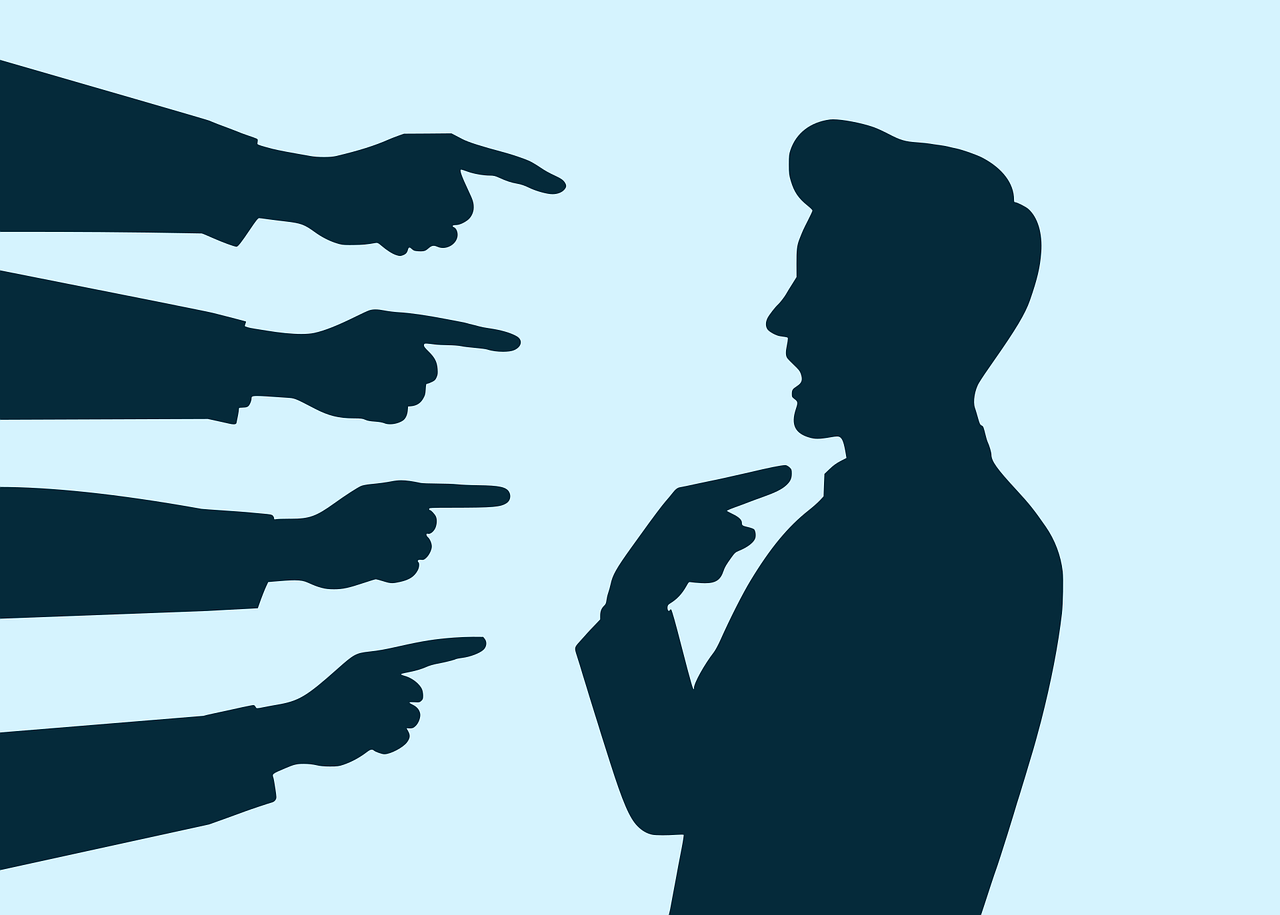
12. **The ‘Liberal Bias’ Litany: Weaponizing Political Accusations**
Pressure on networks isn’t solely economic or regulatory; it’s deeply ideological, fueled by a long-standing, weaponized narrative of “liberal bias.” This phenomenon predates Donald Trump, stretching back decades. The Nixon administration, for instance, saw right-wing activists claim networks systematically shut out conservative voices, a complaint echoed by Nixon and his vice president, Spiro Agnew, who criticized networks as an “unelected elite.”
Over decades, conservative media figures like Roger Ailes and Rush Limbaugh expertly amplified this charge. They built a powerful base that distrusted mainstream television, fostering a deep-seated suspicion that networks pushed a liberal agenda rather than objective content. This consistent message created an audience eager to believe in a systematic bias.
In this charged environment, when a political figure like Donald Trump calls a show biased or “Democrat GARBAGE,” the impact is immediate and potent. His supporters, primed by years of this narrative, rally to his call, initiating boycotts and flooding networks with complaints. This public pressure creates a hostile environment, where broadcasters risk alienating a significant segment of the public and being labeled “enemies” of a vocal political movement.
The accusation of “liberal bias” thus becomes a powerful cudgel, swaying corporate decisions and influencing content. It traps networks in a precarious position: defend talent and risk political condemnation and financial repercussions, or bow to pressure and face accusations of caving. This ideological battleground, layered atop economic and regulatory vulnerabilities, adds a formidable challenge to late-night TV, making free expression a far riskier proposition.

13. **Free Speech on Shaky Ground: The Modern Predicament of Broadcast Protections**
The saga of Jimmy Kimmel’s suspension serves as a stark demonstration of how fragile broadcast protections have become. Unlike historical precedents where network executives bravely absorbed political blows to defend free speech, today’s media titans prioritize safeguarding stock prices and navigating pending mega-merger deals. Artistic integrity, regrettably, often becomes a secondary consideration.
Adding vulnerability is the fragmented media landscape. Unlike a shared national viewing experience, today’s audiences are increasingly isolated in media bubbles. People can easily curate content, avoiding anything that challenges their views. This fragmentation diminishes the collective public outcry that once protected against network capitulation. When a network bows to pressure, a unified public backlash is simply not as robust, weakening incentives to stand firm.
Ultimately, these battles reflect a larger crisis confronting free speech. When government or powerful political figures can effectively leverage regulatory threats, economic pressures, and ideological accusations to influence national airwaves, the foundation of free expression eradicates. Traditional safeguards are increasingly compromised, leaving hosts and networks vulnerable.
As audience habits have shifted and media ownership consolidated, so too have the risks for those daring to speak truth to power. The Kimmel incident is a chilling emblem of democracy grappling with a weakened press and the insidious creep of governmental influence into realms traditionally reserved for unfettered expression. It forces us to confront uncomfortable questions about open dialogue in a polarized society.
14. **What’s Next for Late-Night TV? Navigating an Uncertain Future**
Predicting the precise trajectory of late-night television in this tumultuous era is akin to reading tea leaves. One thing appears clear: the genre, as we’ve known it, is unlikely to regain its monolithic hold on the American public. The relentless march of streaming services and ubiquitous social media will continue to fragment audiences and redefine content consumption. While late-night shows may endure, their traditional power and reach will likely remain diminished, potentially making them even more susceptible to external pressures.
However, this challenging environment also presents opportunities for evolution and adaptation. Networks, under financial duress, might diversify revenue streams, focusing more on digital advertising or subscriber models to gain insulation from advertisers and political actors. More intriguingly, late-night hosts themselves might migrate their talents to platforms less beholden to stringent broadcast regulations. A shift to streaming services, YouTube, or podcasts could offer newfound freedom, allowing unfiltered commentary without fear of network retribution.
Such a move could fundamentally reshape political comedy. By operating outside the traditional broadcast ecosystem, comedians might reclaim independence, reminiscent of earlier stand-up rebels, albeit with different technological tools. This “Wild West” of digital content, while lacking network television’s massive reach, could become a vital space for truly unfettered expression, a sanctuary where the “banana peel in the coal mine” can still be thrown without immediate fear of reprisal.
Ultimately, the clash between politics and the press, with late-night television serving as a prominent battleground, is far from over. It is an ongoing struggle for the soul of free expression in America, continually adapting to new technologies, shifting audience habits, and evolving political tactics. The Kimmel controversy has undeniably illuminated that the stakes are higher than ever, and this iconic genre, once a comforting nightly ritual, is now a crucial, if vulnerable, front in that enduring fight for who gets to speak and what truths can be told under the spotlight.
**An Unscripted Future:**
The journey through these late-night battles reveals a genre in flux, a cultural touchstone grappling with its identity in an age of unprecedented political polarization and media disruption. From the Nixon administration’s FCC complaints to Trump’s relentless legal offensives, the powerful have always tried to control the narrative, often by silencing voices of humor. Yet, as history and international parallels show, comedy has a stubborn resilience, a way of finding new stages and new microphones. The future of late-night TV, therefore, will be less about the comfortable nightly monologue and more about a dynamic, evolving contest for the right to laugh, to challenge, and to speak freely in an increasingly complex and contested public square. It’s a show that promises to be anything but boring.


